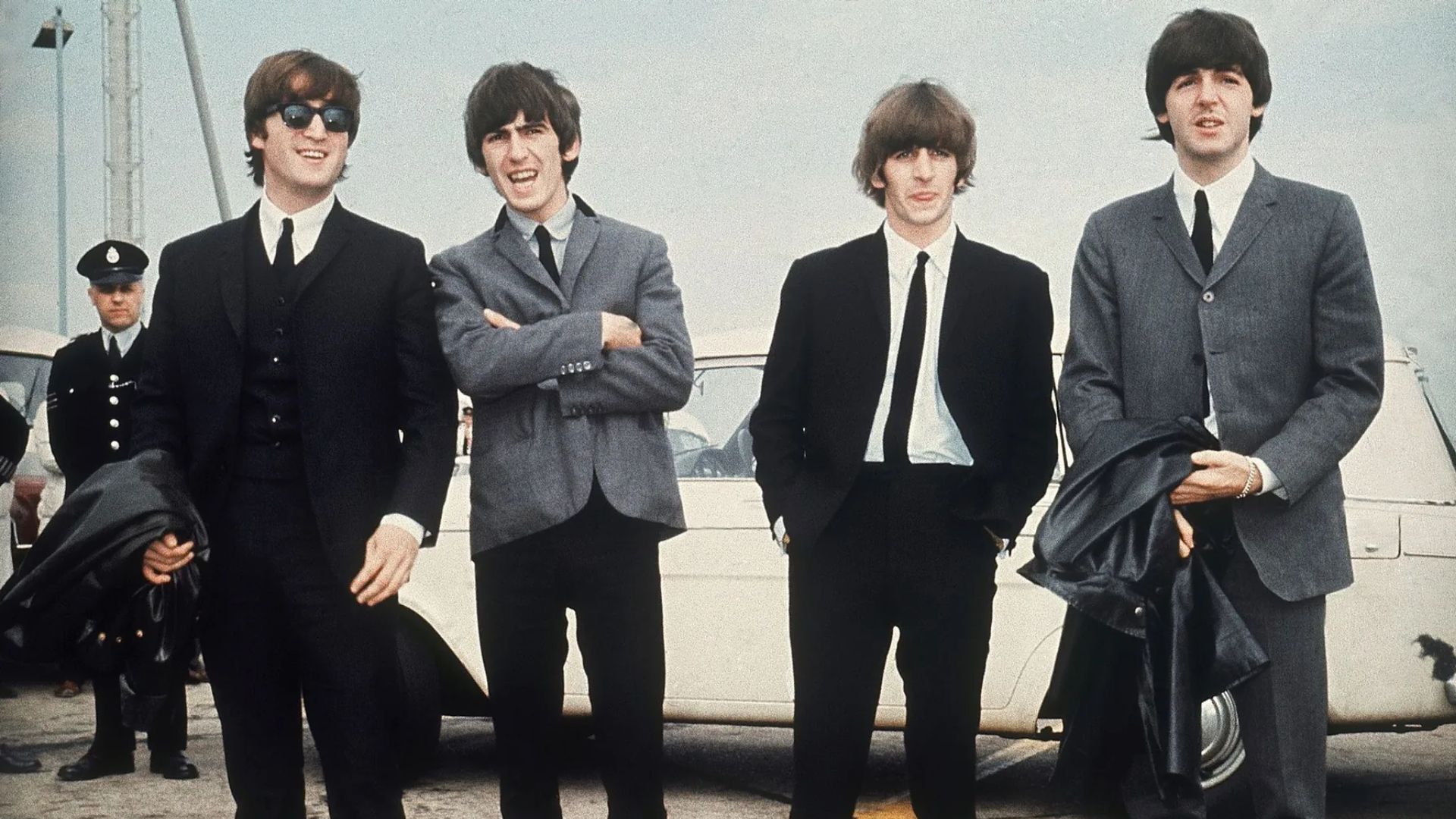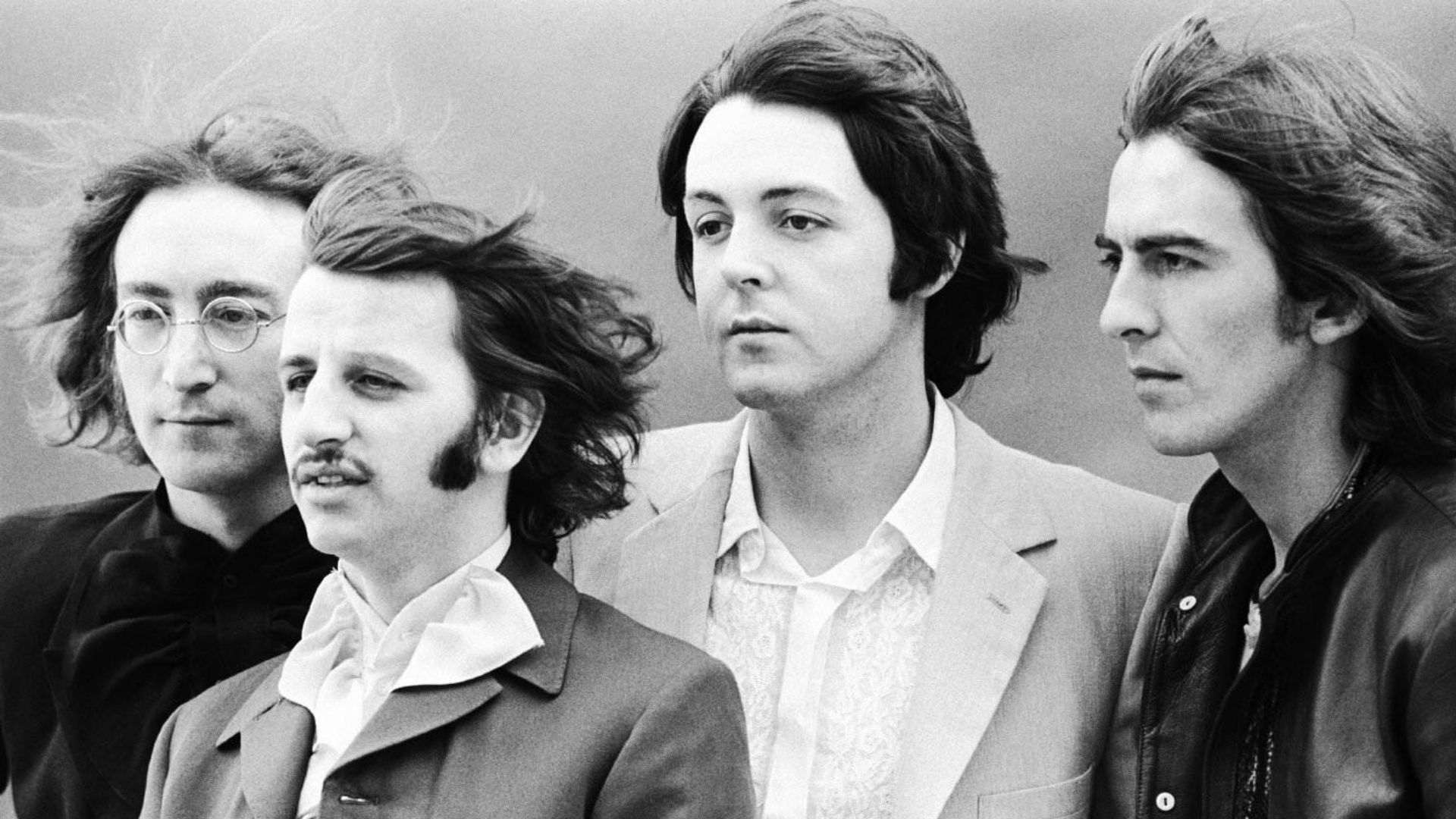
When John Lennon wrote “Don’t Let Me Down” in early 1969, it wasn’t meant to be clever or poetic — it was raw, a confession in the purest form. The Beatles were standing at the edge of change, and Lennon’s heart was wide open. In this song, he wasn’t the icon or the provocateur — he was just a man in love, pleading not to be broken again. It was his love letter to Yoko Ono, yes, but it was also a rare moment when the world saw his vulnerability laid bare.

The song begins with that unmistakable cry — “Don’t let me down…” — aching, unfiltered, real. Lennon’s voice cracks slightly, not from weakness, but from truth. He’s not performing for the crowd; he’s reaching for something eternal, that fragile trust that binds two souls. Behind him, Paul McCartney’s harmonies rise like a counterpoint to his desperation, steady and soulful — the perfect balance between ache and reassurance.
“I’m in love for the first time, don’t you know it’s gonna last?” Lennon sings, and you can hear the disbelief in his tone — the wonder that someone like him, restless and wounded, could still find faith in love. There’s a sense of surrender here, of a man who’s finally stopped running from his own heart.
The rhythm section carries that emotion beautifully. Ringo Starr’s drumming is gentle but insistent, like the heartbeat of someone afraid to hope too much, while Billy Preston’s electric piano adds warmth and light — the sound of grace entering the storm. Musically, it’s the Beatles stripped of artifice. There are no studio tricks, no walls of sound — just four men in a room, playing something that feels like truth.
When they performed it on the rooftop of Apple Corps that cold January day, “Don’t Let Me Down” became more than a song — it became a moment. Lennon, wind in his hair, eyes closed, singing into the gray London sky. McCartney beside him, smiling, harmonizing. The city below, unaware that this would be their last live performance together. In that rooftop chill, you can feel both the joy and the ache of farewell.
What makes “Don’t Let Me Down” timeless is its honesty. It’s not about perfect love — it’s about real love. The kind that terrifies you, because it demands trust. The kind that asks you to give everything, even when you’re not sure you can. Lennon had written songs about peace, politics, rebellion — but here, he wrote about surrender.
And perhaps that’s why the song still moves us: because beneath all the chaos of fame and genius, John Lennon was still just a man begging not to be left alone in the dark.
When his voice cracks on that final refrain, it doesn’t feel like an ending — it feels like a heartbeat that keeps echoing long after the music fades.
Because in the end, “Don’t Let Me Down” isn’t just Lennon’s plea to Yoko. It’s a plea to life itself — to love, to faith, to the fragile hope that someone will hold on when everything else falls away.
And in that moment, The Beatles gave us one of their most human gifts: the sound of love, unguarded and true.